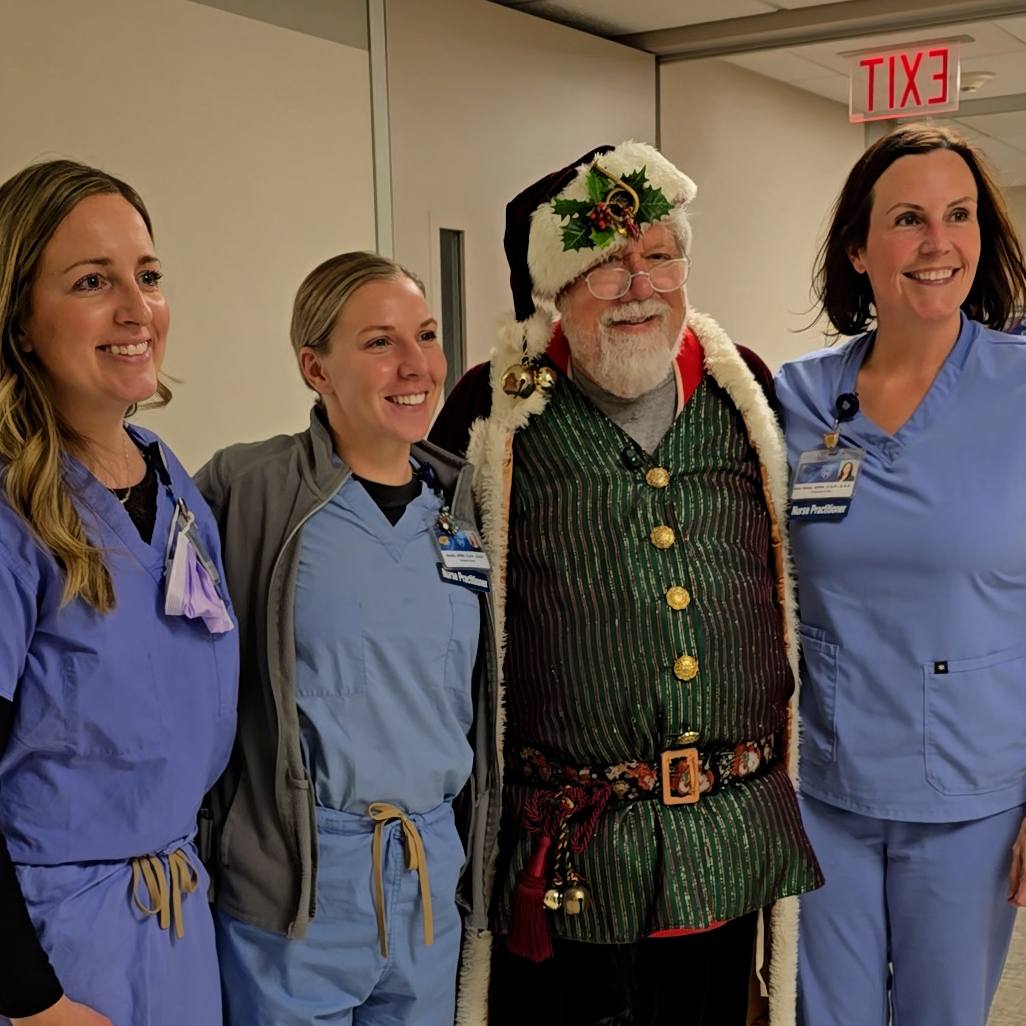Colorectal cancer is the fourth-most-common cancer in the U.S. and the second deadliest. One in 5 patients is diagnosed with metastatic disease, meaning the colorectal cancer has spread beyond the colon, often to the liver. When surgery isn't an option, a liver transplant may be a lifesaving alternative. Mayo Clinic is pioneering this approach, combining expertise in oncology and transplantation to offer new hope for patients with advanced colorectal cancer.
Dr. Denise Harnois, a Mayo Clinic transplant hepatologist, explains how this innovative strategy is expanding treatment options and improving outcomes.
Journalists: Broadcast-quality video (1:13) is in the downloads at the end of this post. Please courtesy: "Mayo Clinic News Network." Read the script.
Learning you have advanced colorectal cancer that has spread to the liver can be scary. In some cases, a liver transplant may offer hope, providing better outcomes when other treatments aren't an option.
"In those circumstances where patients have colon cancer that's gone to the liver that doesn't seem to be anyplace else within the body, but they're not eligible for consideration of doing a surgical resection — in those circumstances, we can consider replacing the entire liver, and that involves a liver transplant," explains Dr. Harnois.
It's a complex surgery requiring experts from multiple teams working together.
"We're working together as a team to make sure we are offering the best options for the potential for cure for these patients," she says.
Liver transplants have greatly improved survival rates. One-year survival is 80% to 100%, three-year survival is around 80%, and five-year survival is between 60% and 80%.
"Without consideration of liver transplant, their five-year survival rate would have been 15%. So we can offer a dramatic improvement in survival rates in patients that undergo liver transplant," says Dr. Harnois.
Related posts:
- Liver transplants offer new hope for colorectal cancer patients with liver metastasis
- Mayo Clinic Q and A: Understanding colorectal cancer
- Mayo Clinic Minute: Warning signs of colorectal cancer in younger adults
- Innovative treatments for rectal cancer







